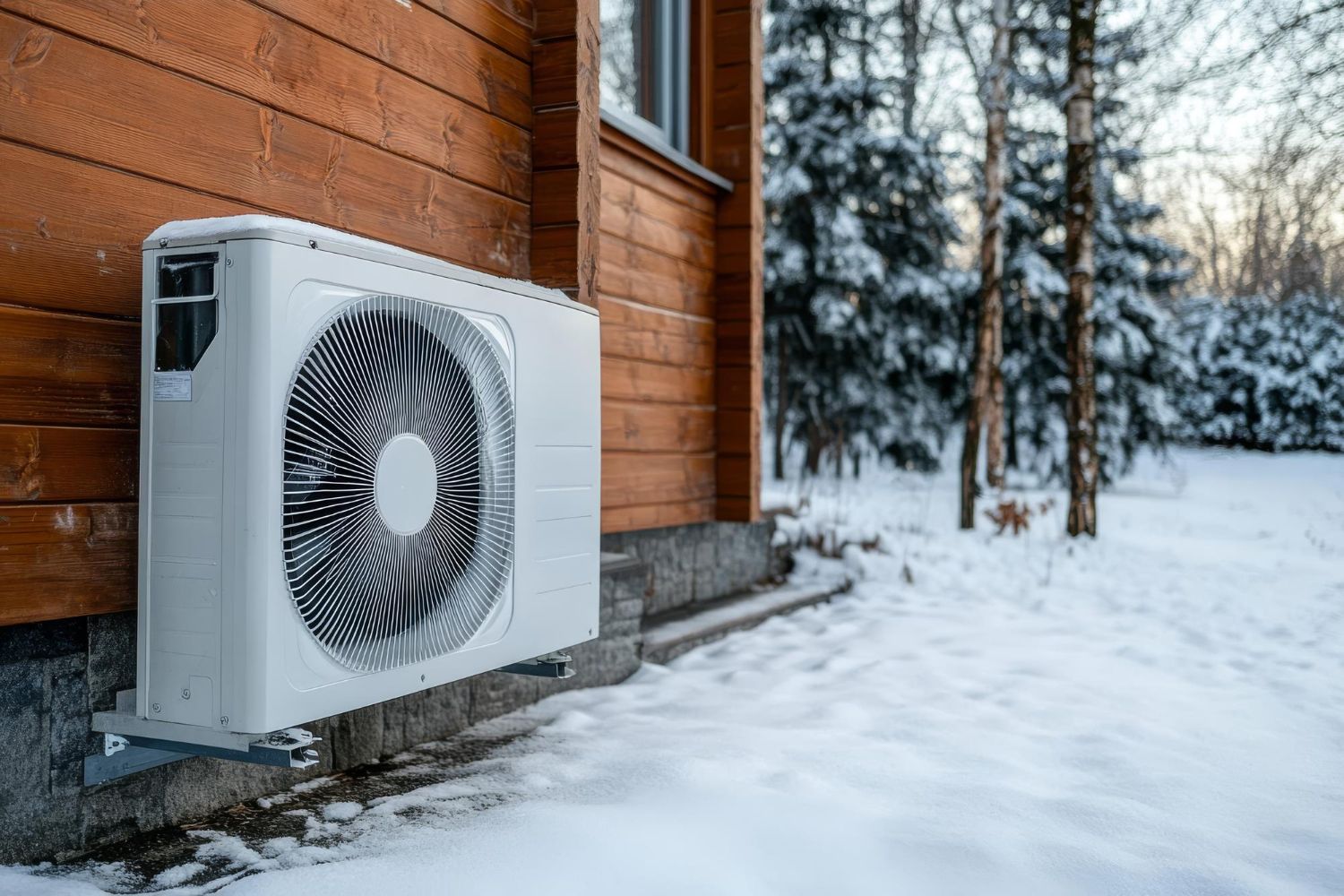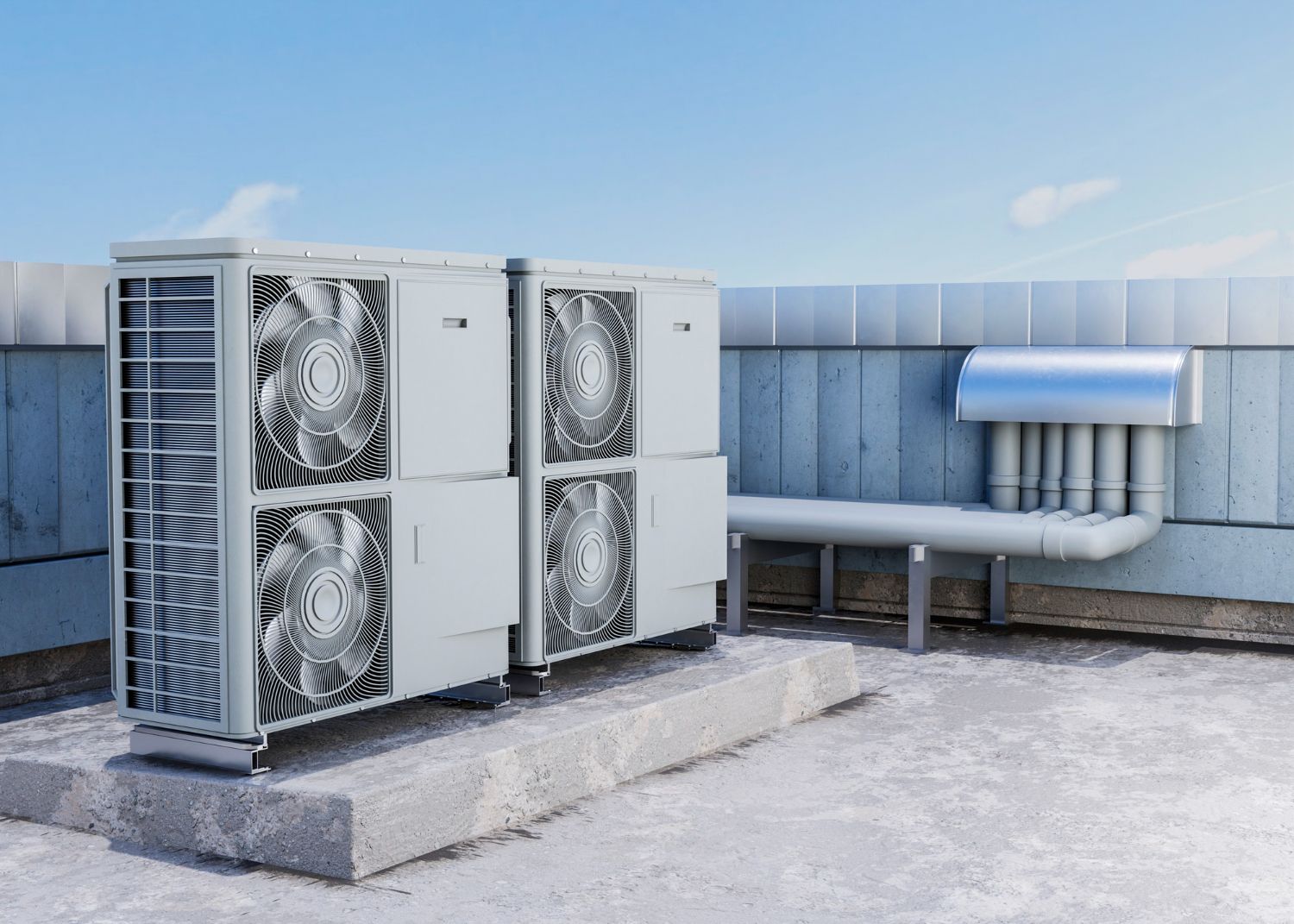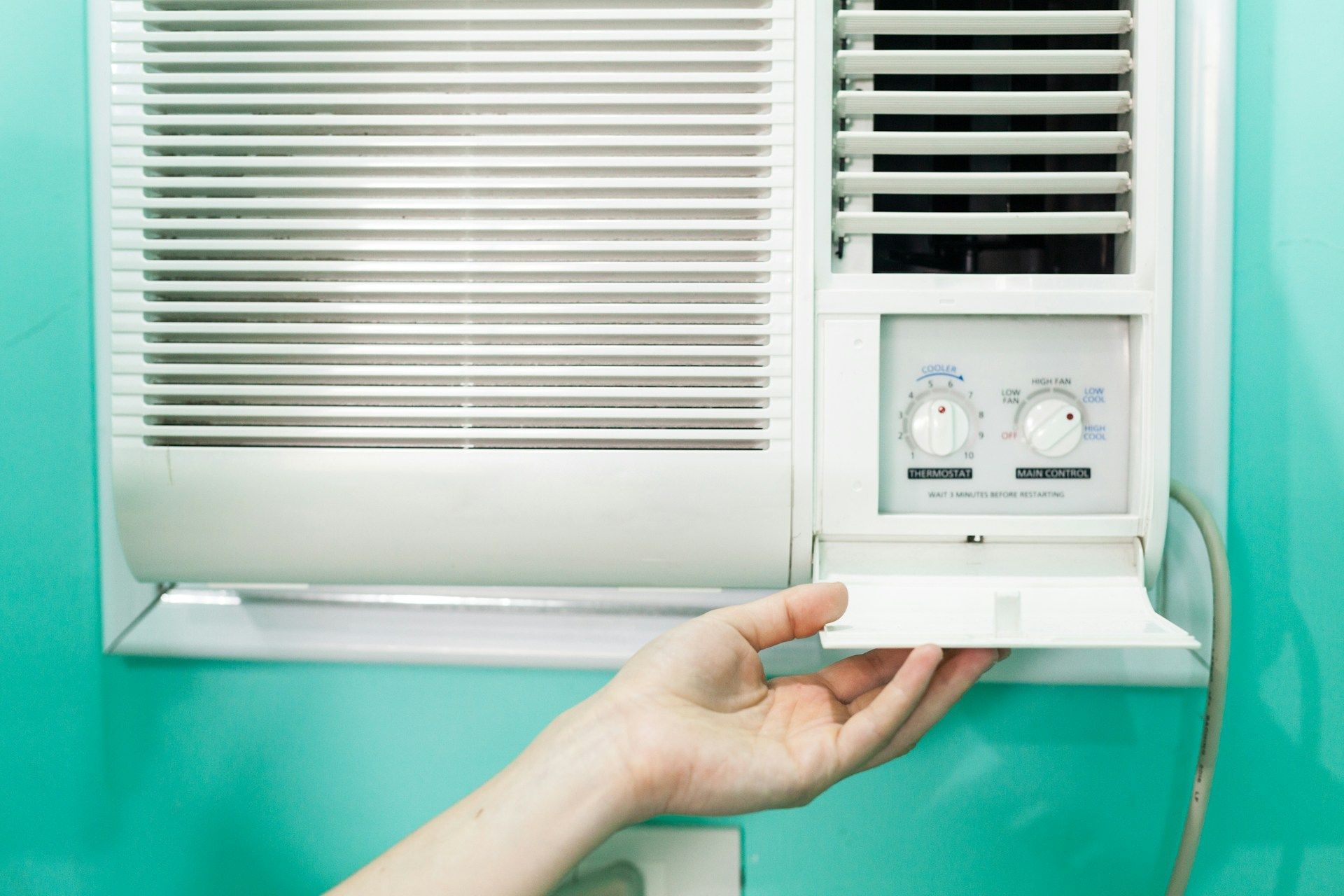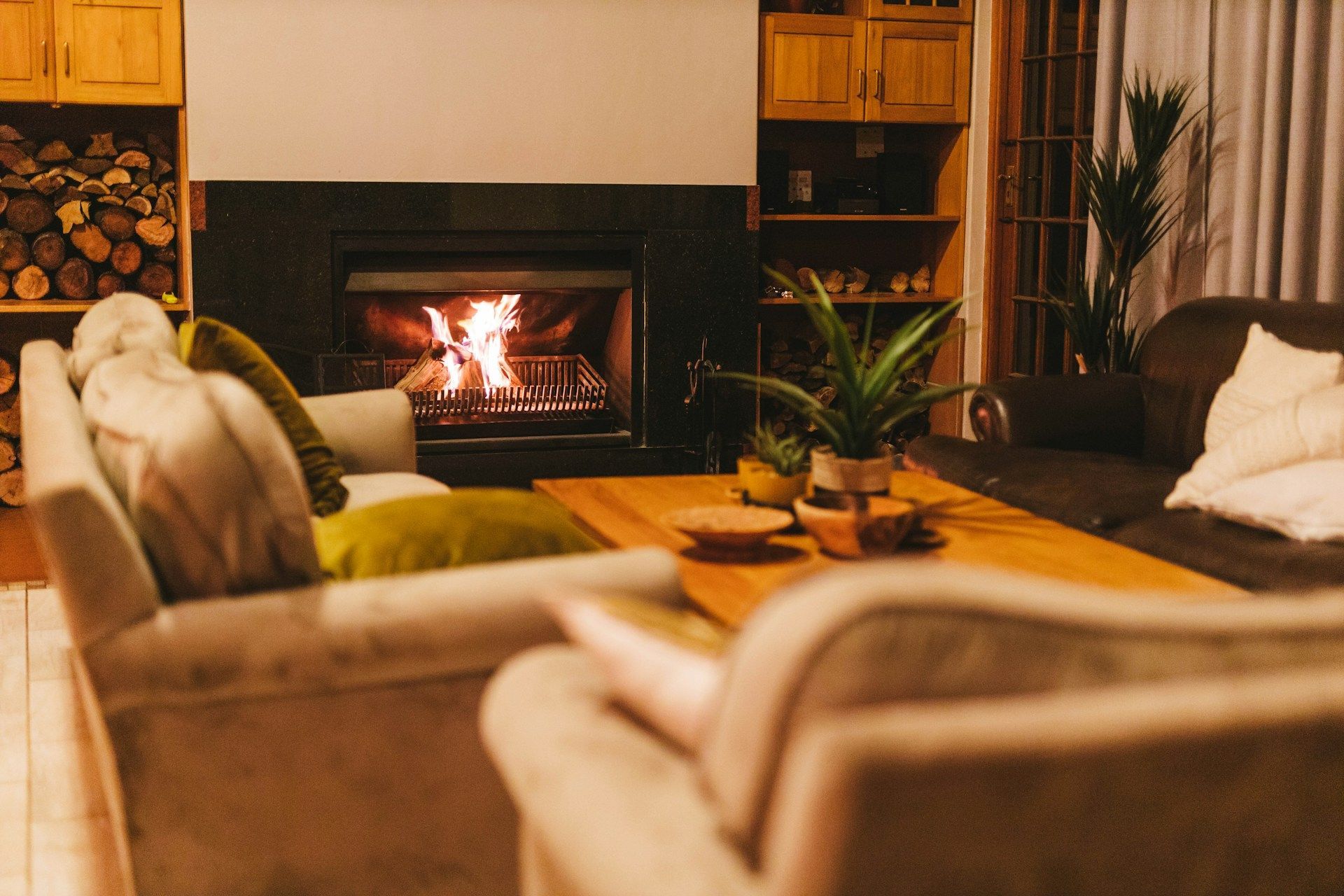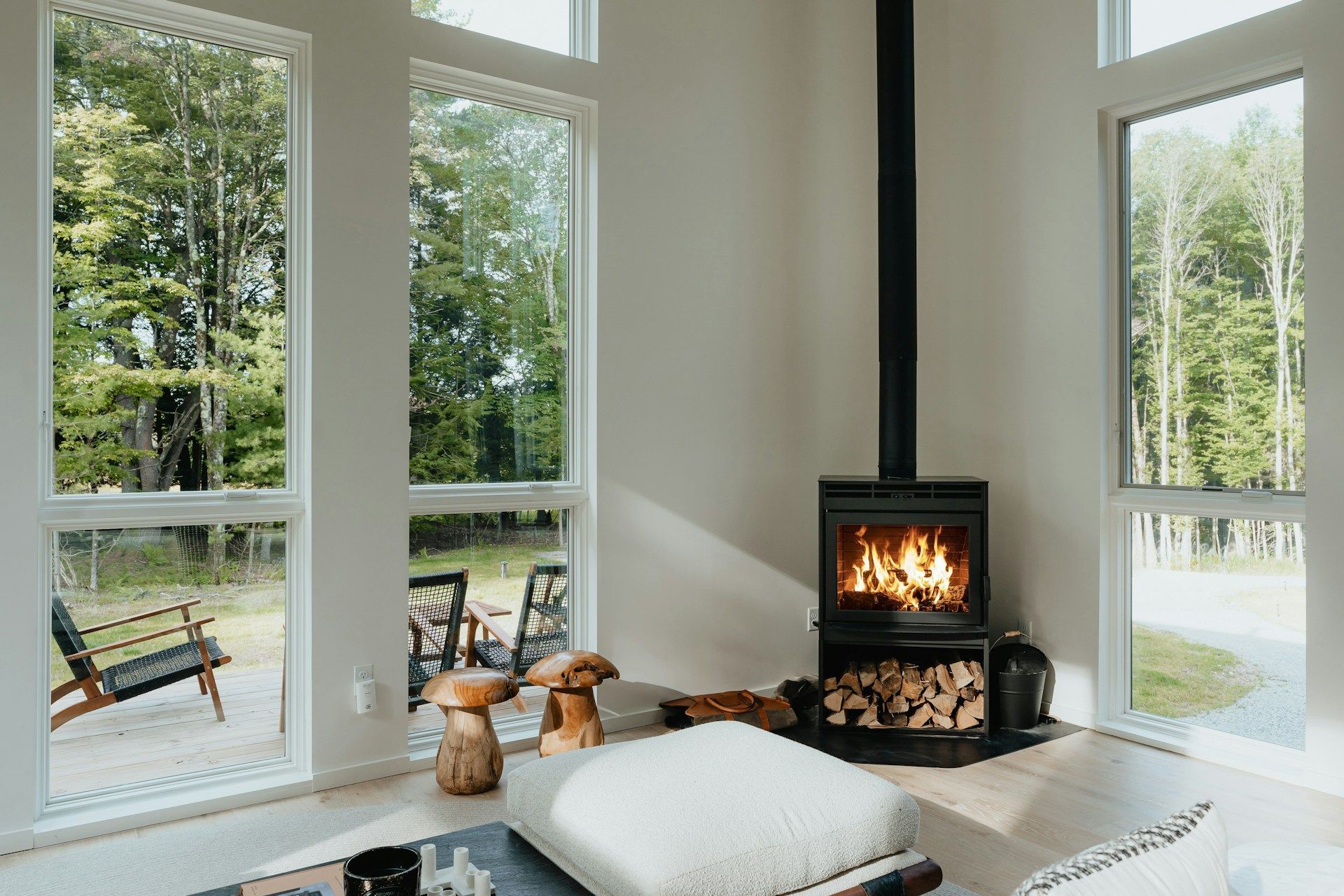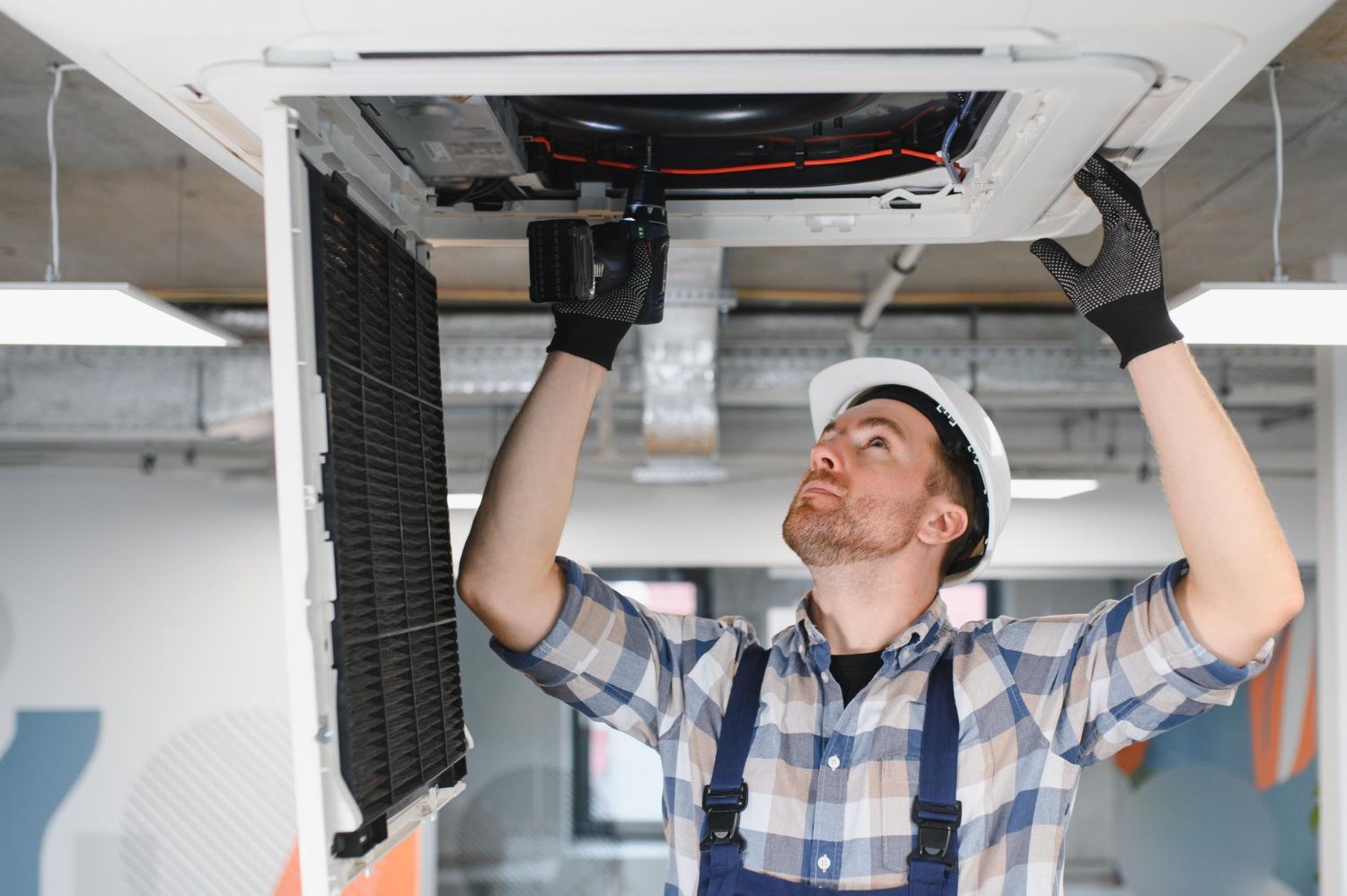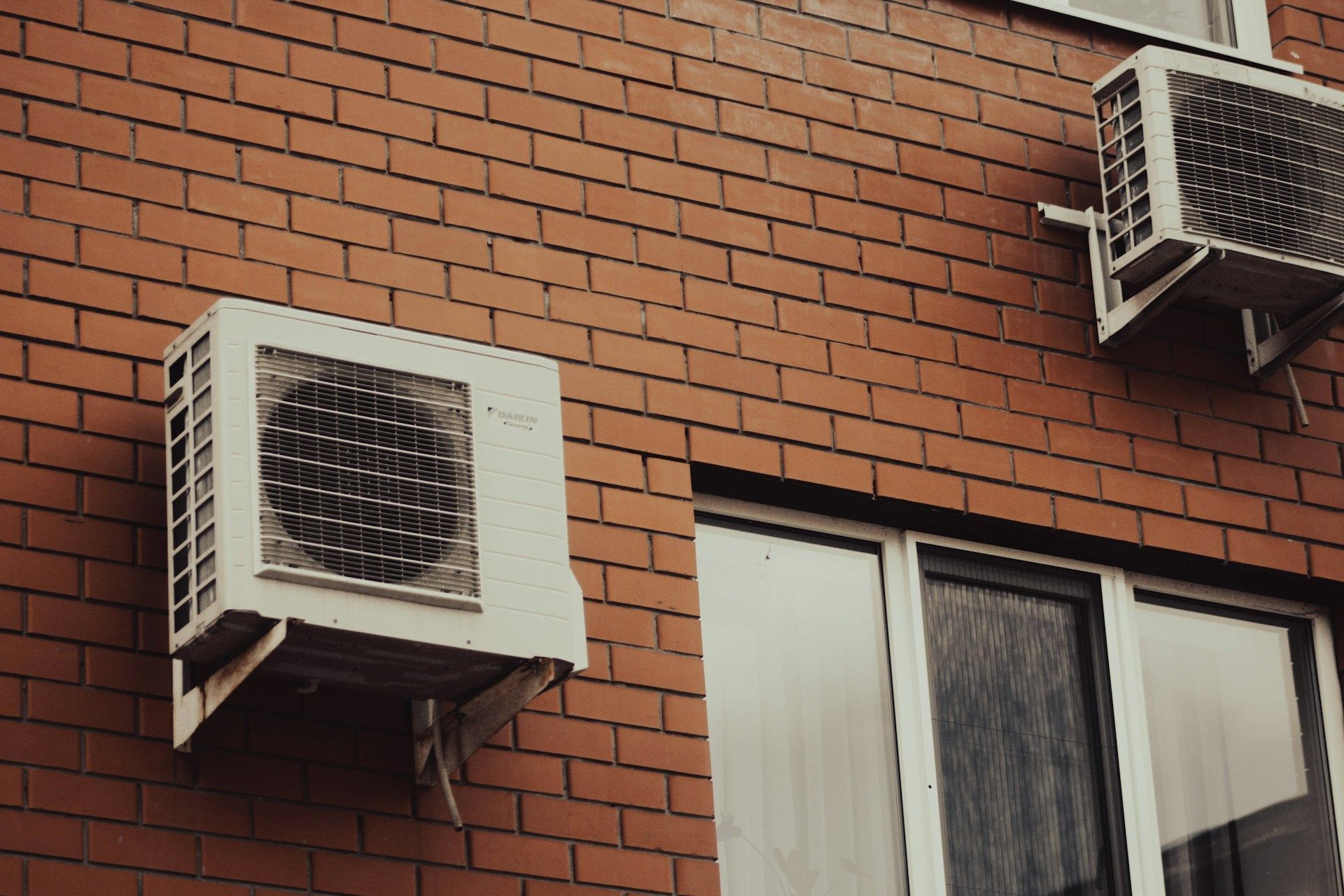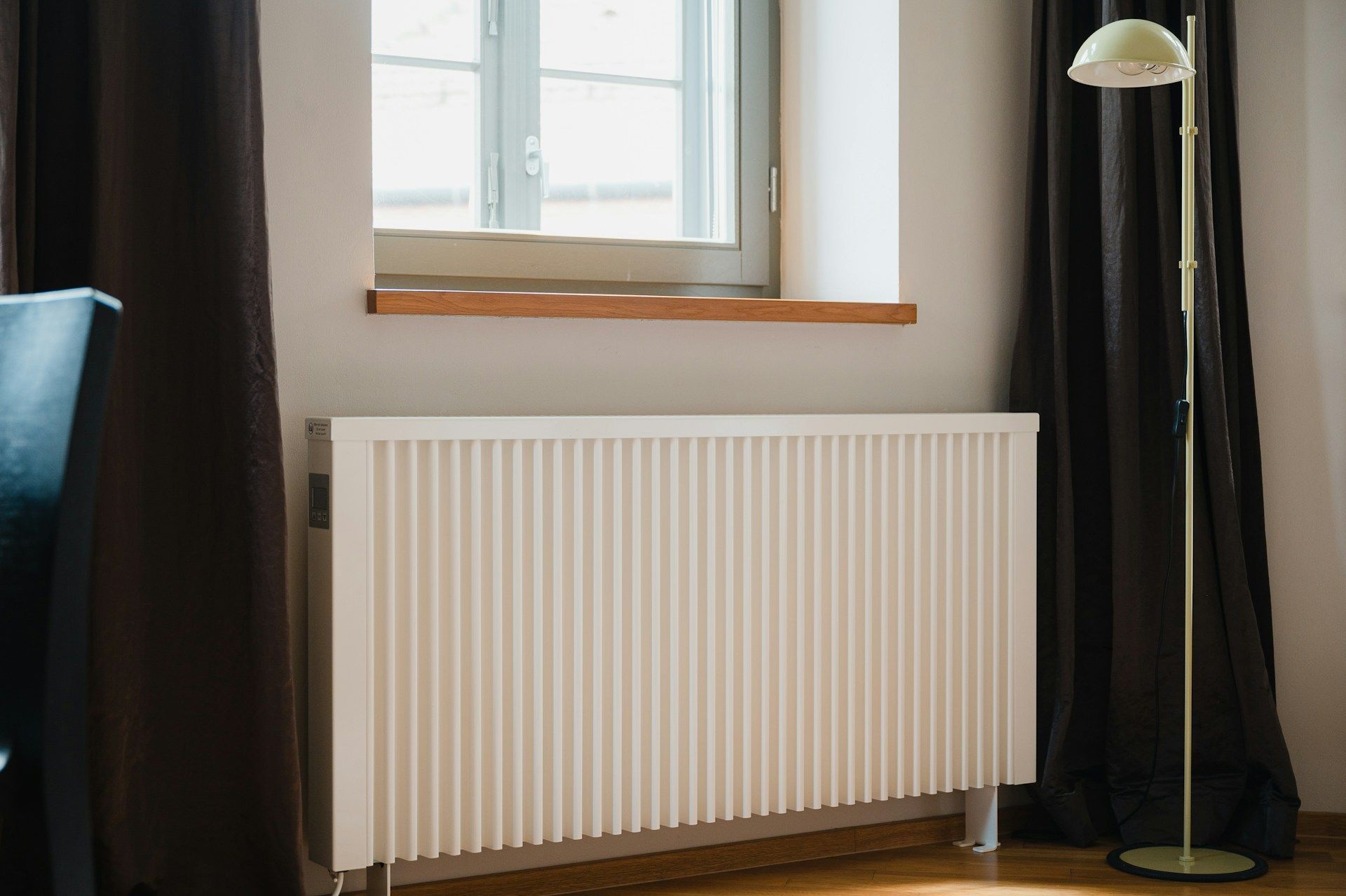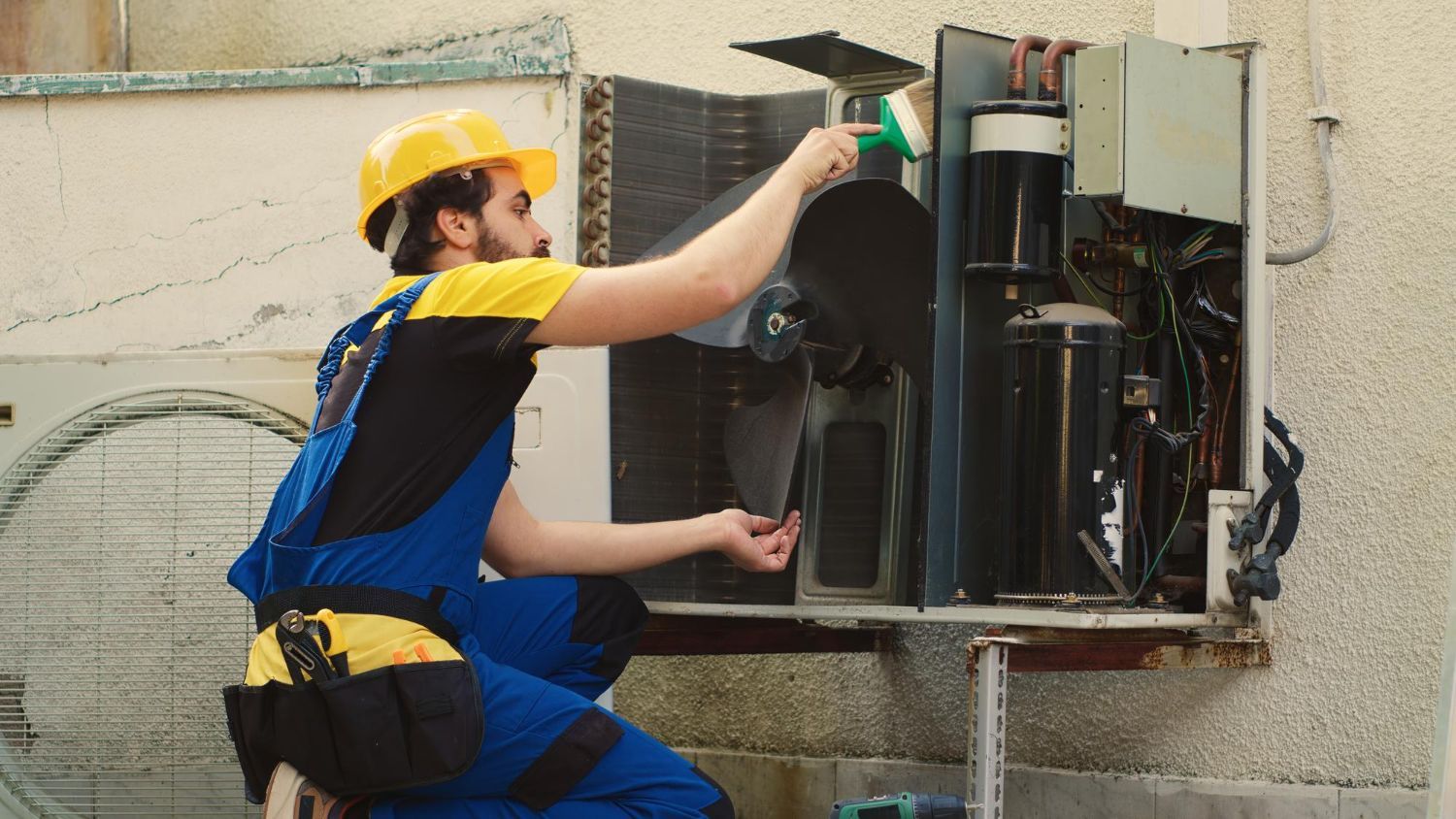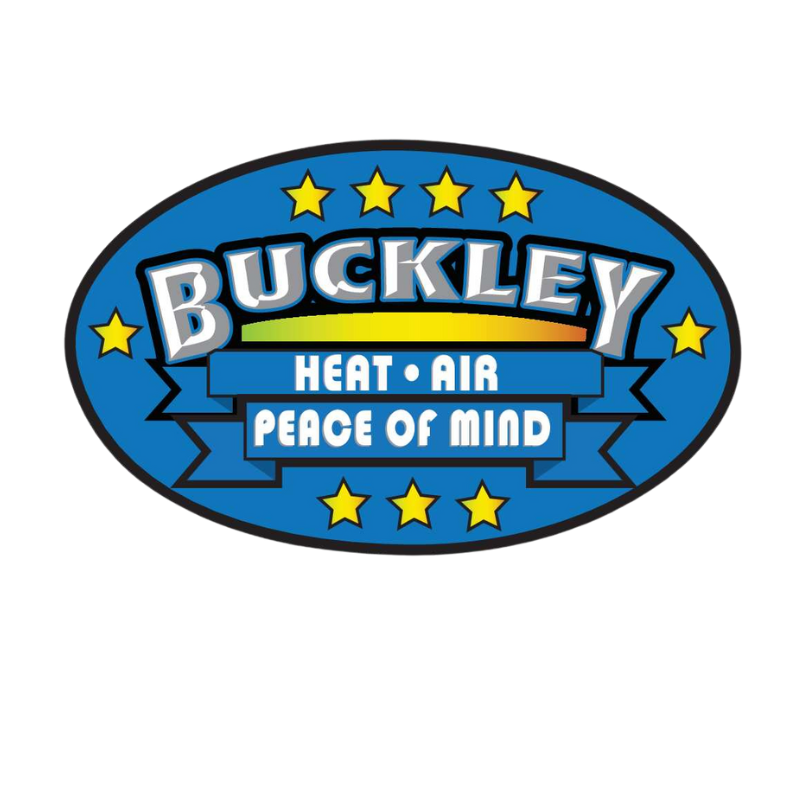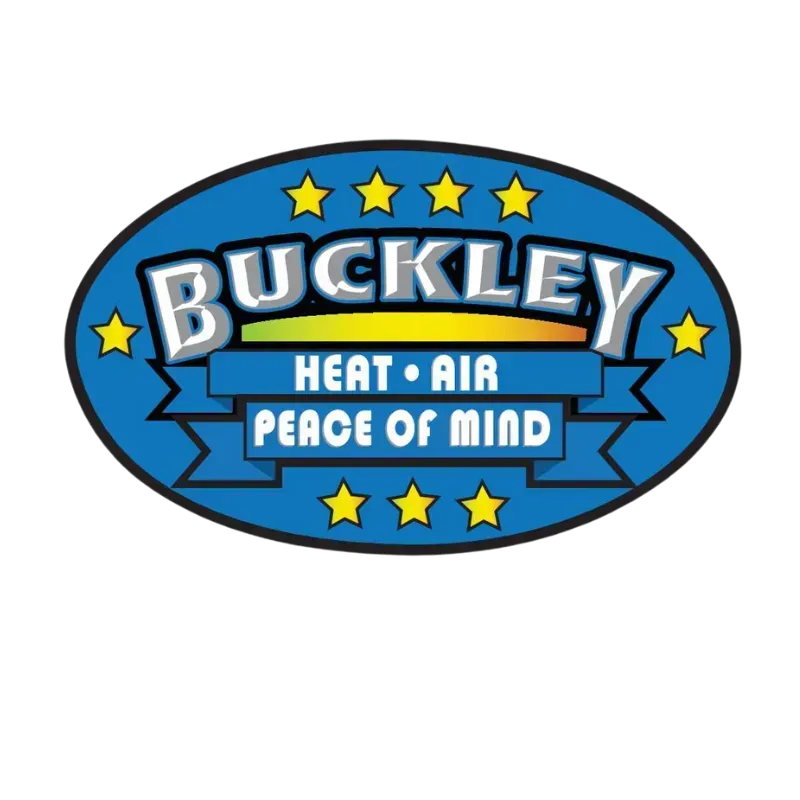When you're sweating through a summer afternoon with your AC running but not cooling, it’s more than just uncomfortable—it’s frustrating. You adjust the thermostat, hold your hand over the vent, and still feel warm air. If this happens, you're probably wondering what went wrong and what to do next. AC units can stop cooling for a lot of reasons, and figuring it out quickly makes it easier to bring comfort back to your home.
In many cases, the fix is easier than you might think. It could be a basic setting that needs to be corrected. But if the problem keeps coming back or seems more serious, it may be time to call in a professional. This article walks through some of the most common reasons your AC might stop cooling and what steps you can take to get things running right again.
Check the Thermostat Settings
Start here before anything else. Thermostat settings can be accidentally changed without anyone noticing, which could cause your system to stop cooling.
Make sure your thermostat is:
- Set to “Cool”
- Set to a temperature lower than the room
- Placed in “Auto” mode, not just “Fan”
If you've checked those and still have warm air instead of cool air, try replacing the batteries unless it's hardwired. We’ve seen many cases where simply resetting the thermostat or swapping the batteries fixed the problem right away.
Getting your thermostat back in the right mode can save you a lot of time and hassle before moving on to more complex issues.
Inspect and Clean the Air Filter
A dirty or clogged air filter makes it hard for cool air to move through your system. If your filter is filled with dust, pet hair, or general debris, it might be blocking the airflow completely. This can cause your AC to run longer and still not cool the home properly.
Here’s how you can check and replace it:
1. Turn off the AC system at the thermostat.
2. Locate the filter near the return air vent or inside the air handler.
3. Slide the filter out and hold it up to the light.
4. If you can't see much light passing through, it needs replacing.
5. Install a new filter of the same size and type.
Some filters are reusable and need to be rinsed and dried before going back in. If that's the case for yours, be sure it’s completely dry before reinstalling.
For homes with pets, smokers, or lots of dust, filters might need to be checked monthly. For others, a good rule of thumb is every 60 to 90 days. Clean filters can improve not just air quality, but also help your system cool more efficiently.
Check the Circuit Breaker
If your AC suddenly stops working and isn’t responding to thermostat changes, the electrical panel is the next place to go. A power surge or system overload can easily trip the breaker tied to your AC.
Follow these steps to safely reset it:
1. Go to your home’s main electrical panel.
2. Find the switch labeled “AC” or “Air Conditioner.”
3. If it's off or sitting in the middle, it’s likely been tripped.
4. Push it all the way to “Off,” then flip it back to “On.”
Wait a minute after flipping it back on and check if your AC starts running again. If it continues to trip the breaker, don’t force it. That could point to a problem inside the system like a worn-out compressor, a shorted wire, or even damage near the outdoor unit.
Letting a professional check it out is the safest route when breakers are involved.
Look at the Outdoor Condenser Unit
The outdoor condenser unit works hard to remove heat from your home. When it’s blocked by vegetation or packed with dirt, it can’t do its job properly. Your system may still run, but it’ll struggle to cool your space.
Here are a few things you can check:
- Look for leaves, twigs, dirt, or grass gathered around the base or coils.
- Make sure there are at least two feet of space around it on all sides.
- Gently rinse the unit with a hose—avoid high pressure, which can damage components.
Before cleaning, make sure the power to the unit is turned off. Avoid opening the condenser casing or trying to clean the internal parts. That should be left to a technician who knows what to avoid and how to clean it safely without bending coils or damaging wiring.
Keeping the area open and clean helps the condenser release heat better, so it doesn't overwork or shut down on you during a heat wave.
Know When It’s Time for Professional Air Conditioner Repair
If the basics have been checked—like your thermostat, filter, circuit breaker, and condenser—but your AC is still blowing warm or not turning on at all, it’s time for expert help.
These are signs that you should call a technician:
- AC keeps running but the air isn’t cold
- System turns off and on nonstop
- Unusual noises like banging, buzzing, or screeching
- Water pooled near the unit or signs of leaking
- Barely any air coming through the vents
- Breaker continues to trip after reset
Situations like refrigerant leaks, electrical malfunctions, frozen coils, or fading motors aren't safe to fix on your own. Trained technicians can inspect both indoor and outdoor units, test key components, and run diagnostics without causing damage to your system.
If you’ve also noticed a spike in your energy bills, it could be because your system is struggling to cool and is running more often than it should. Spotting these issues early can save you from a full system failure and help your AC last longer.
Staying Cool Without the Stress
When outdoor temperatures climb, your AC needs to run well to keep you and your family comfortable. The good news is many cooling issues start small. Something as quick as shifting the thermostat back to “Cool” or popping in a fresh air filter could get things working again. But if that doesn’t help, don’t try to fix everything alone.
Problems with breakers, condenser parts, or strange noises usually mean there’s something more serious going on. That’s when having someone reliable to call can make all the difference.
Paying attention to your system and catching issues early is the best way to avoid bigger repairs later. And when things go beyond home checks, a qualified professional will get the job done right and help you keep your cool all summer long.
When your AC doesn't cool like it should and simple checks aren't solving the problem, it's often best to seek professional help. If you're experiencing issues like persistent warm air, loud noises, or frequent circuit trips, it's a good idea to connect with someone who knows these systems inside and out. For reliable
air conditioner repair, reach out to our team at Buckley Heat Air. We’re here to help you enjoy a comfortable home environment.

